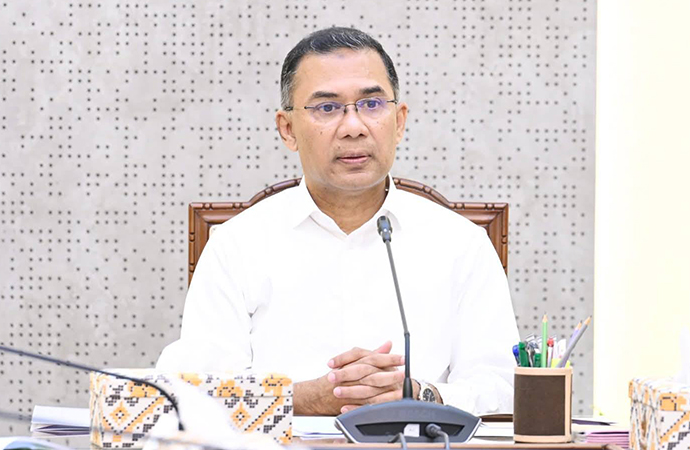Featured 2

Photo: Collected
1971 was part of our life and even the concept of 1971 history as an independent issue was not clear to us. It was so close to our own life that we didn't see it as history but a narrative of ourselves. We didn't see us in that because history was always something distant and far away from ordinary lives, our kinds of lives.
But soon things began to change. The big changer was the FF list. Suddenly a group of people began to claim to be FFs apart from the real ones. And then the government declared 2 years of seniority for FFs and conflicts grew along with the number of FFs in every sphere.
It was a great boost to enmity resolution as well. Anyone could be accused of being a collaborator. That's one reason why the weekly "Holiday" newspaper said that it was a "country of 65 million collaborators". Once patriotism became a rewarding and paying activity and demonizing became easy, there was no shortage of 'glory "and the "glorious" as well as the treacherous and the guilty.
However, it didn't touch us and we never even discussed our 1971 life when we were DU students. To us it was part of life though to many it had become a way to gain a better life by fair means or foul.
The man who ran from death
I began to search for 1971 history after 1977 when I joined the History writing project under Hasan Hafizur Rahman. It was a time when memories of many were fresh and people would often visit our office and discuss the war and how it affected them. People, from senior officers to ordinary citizens would drop in as if it was a sanctuary for memories. Many would speak on for long and sometimes would leave relieved. As if being able to speak was all they needed. I remember one very well.
The gentleman was from Rajshahi and he lived near the campus. He was caught up in the events when the Pak army overcame resistance and captured the city in April. There were random killings and he was arrested and made to stand in a line of people who were to be shot and killed.
After the firing the bodies were dumped into a pit and left to die. The amazing part was that he had not only survived but he was not even wounded. He gained his senses after a while, near the bottom of the pit under other bodies. Instinctively, almost immediately he began to clamber out of the pit shoving several dead bodies aside.
He reached the top of the pit, climbed out and then began to run, not sure where to. But even in the dark, the Pak army noticed and began to fire at him. Luckily he came across a stream/nala and without any idea how wide it was he jumped. He landed on the other side of it, picked himself up and ran again till he could run no more. By then he was far away and safe. He took shelter in some remote village and survived the war hiding there.
After the war was over he returned to the place of his untimely burial and found it had been marked as a "gono kobor". When people heard his tale, many gathered around as if they were not sure he was still alive or a ghost. He then went to the stream which he had jumped and saved himself and repeated the feat. He couldn't even reach half away. Years later, he was still wondering at his own miracle.
Actually, this is common in situations of extreme stress. The body produces extra adrenalin and that makes extreme physical feats possible. And a good dose of luck really helps.
At Jagannath hall, March 25th night
On the night of the 25th, after the Pak army had committed the massacre at the Jagannath hall of Dhaka University, they rounded up several other residents, both students and staff and made them bury the dead. After the bodies had been buried, they shot those who had done the work. Of those who had dug the graves, one was Kaliranjan Shil. He was a student and an activist of Chatro Union.
As the bullets were fired, Kaliranjan lost his sense and collapsed and lay with the other diggers, some dead, rest dying. When he gained sense, he saw the dead still lying there and fled. What has always amazed me was that he returned to the Hall a few days later to do some urgent work.
Not all are lucky like the miraculous escapee like him. One Rajkumari's husband was a staff member of the Jagannath Hall and one of the grave diggers. He took a bullet. His family found him still alive and carried his body to their quarters nearby. He talked to his family members and said he wanted to see his infant son one last time. Rajkumari went to fetch the kid but when she returned with him, he was gone.

























Leave a Comment
Recent Posts
Bangladesh’s first drought-res ...
In a groundbreaking development for Bangladesh’s agriculture, Ga ...
US and Iran hold another round ...
Iran and the United States were holding another round of indirect talk ...
An early hiccup for the new government?
Japan invites PM Tarique, eyes cooperation with Bang ..
Bangladesh to achieve sustained growth, prosperity u ..
Dhaka indicates ‘forward looking, balanced partnersh ..